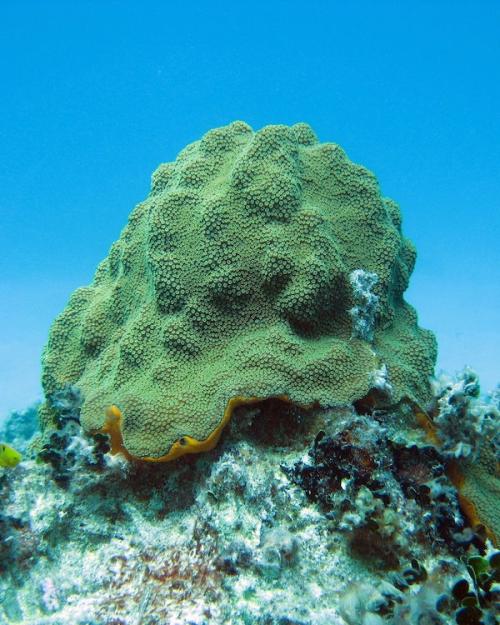Looking beyond the sculptures, pottery, and architectural ruins of the Graeco-Roman era in this year’s annual Society for the Humanities Invitational Lecture, art historian Verity Platt will present her research on a valuable but unexpected object of ancient natural history: the humble sea sponge.
Platt, professor of classics and the history of art and visual studies in the College of Arts and Sciences, will address “The Sentient Sponge: Between Natural History, Art History, and Philosophy” on Feb. 15 , 5:00 – 6:30 p.m. in the Guerlac Room at the A.D. White House. A reception will follow. This event is free and open to the public and no registration is required.
“As naturally-formed products of the deep, sea sponges helped thinkers across a wide variety of literary genres and philosophical positions to formulate relations between matter and mind, perception and knowledge, and reality and representation,” Platt said. “In the history of art (and especially in Pliny the Elder’s “Natural History”), the sponge was even hailed as a co-creator of images that transcended Platonic ontologies of representation to attain a form of visual ’truth,’ offering an ecology of ancient art that speaks to contemporary sensitivities to object-oriented and nonhuman modes of becoming.”
Platt co-curated an exhibition currently at the Johnson Museum of Art, entitled “Wonder and Wakefulness: The Nature of Pliny the Elder,” giving attendees of the Invitational Lecture the unique opportunity to revisit the talk’s theme in broader context at the exhibition. ”Wonder and Wakefulness” will be on view through June 11.
“The Annual Invitational Lecture series presents a rare opportunity for local and campus audiences to hear from Cornell humanities faculty members who frequently speak at other universities but whom we seldom have the privilege of hearing,” said Paul Fleming, Taylor Family Director of the Society for the Humanities and L. Sanford and Jo Mills Reis Professor of Humanities (A&S).
Platt is the author of “Facing the Gods: Epiphany and Representation in Graeco-Roman Art, Literature, and Religion” (2011) and co-editor of several volumes on the history and historiography of classical art, including “The Frame in Classical Art: A Cultural History” (2017) and “The Embodied Object in Classical Antiquity” (2018). She is currently completing a monograph entitled “Epistemic Objects: Making and Mediating Classical Art and Text” for the Oxford University Press series, "Classics in Theory.” At Cornell, Platt is also affiliated with CIAMS, Environment and Sustainability, Media Studies, and Religious Studies, and is co-curator (with Annetta Alexandridis) of the Cornell Cast Collection.
Alex McNeil is Events & Administrative Coordinator for the Society for the Humanities.




